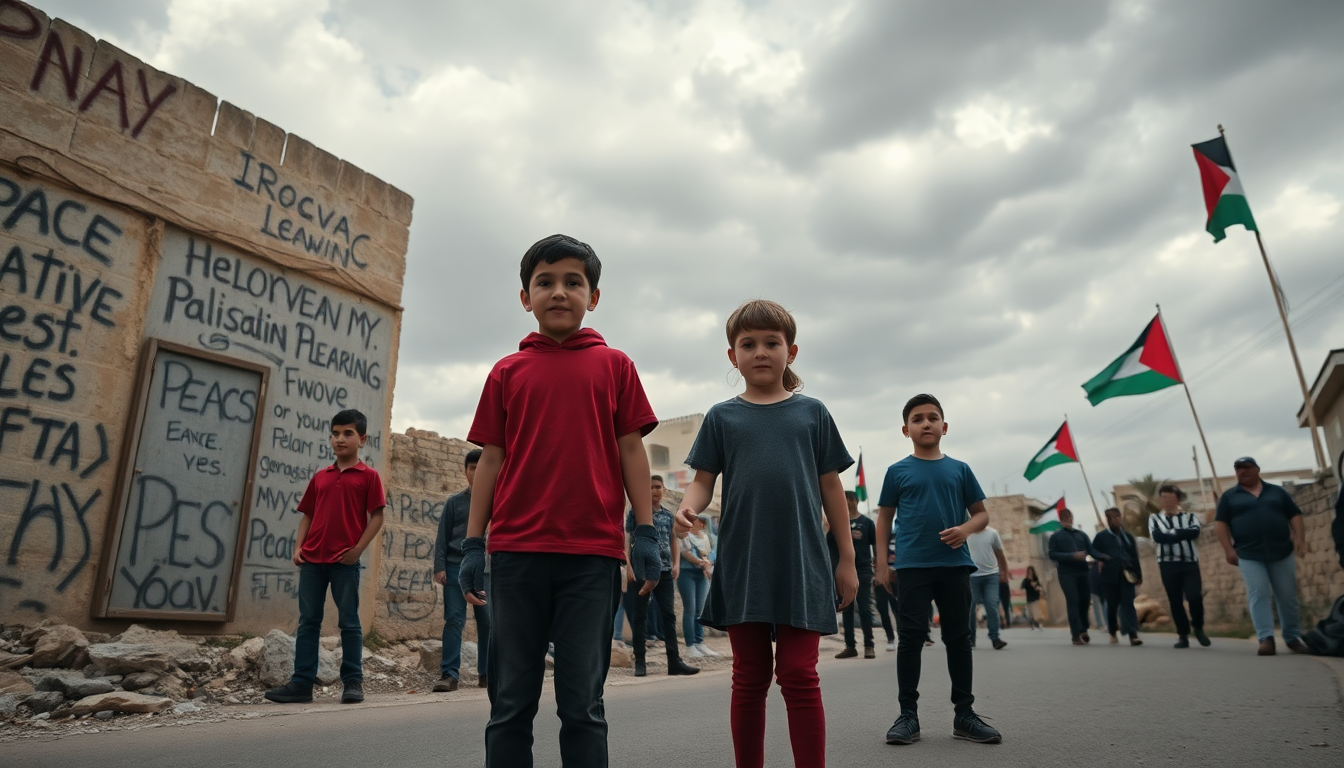Table of Contents
The Israeli-Palestinian conflict has seen a troubling spike in violence and global attention in recent weeks, especially following the outbreak of war in Gaza on October 7, 2023. With tensions running high, alarming reports are emerging from the West Bank.
Let’s unpack the recent events, the context behind them, and what they could mean for the region moving forward.
Recent Incidents and Rising Tensions
One heartbreaking event involved a 13-year-old Palestinian boy, Amr Ali Qabha, who was tragically killed by live ammunition in Yabad, just south of Jenin.
This incident took place during a period of intensified military operations by Israeli forces and settlers, leading to a significant number of Palestinian casualties. Eyewitness accounts suggest that Qabha was denied immediate medical assistance, illustrating the dire circumstances that civilians face in conflict zones—how can we turn a blind eye to such suffering?
Since the conflict reignited in Gaza, over 1,000 Palestinians have tragically lost their lives, with children making up a substantial portion of these casualties.
The United Nations has reported a worrying increase in violence, including numerous settler attacks that have caused injuries and property damage. This scenario paints a troubling picture of instability and humanitarian crises unfolding in the West Bank.
International Reactions and Humanitarian Concerns
The global community is sounding alarm bells over the escalating violence and worsening humanitarian conditions in the occupied territories. The UN Office for the Coordination of Humanitarian Affairs (OCHA) has highlighted significant casualties and displacement among Palestinians. Recent statistics reveal a disturbing trend, with thousands forced from their homes due to military operations and settler aggression—what does this mean for the future of these communities?
Moreover, the United Kingdom has publicly criticized Israel’s plans to push forward with settlement construction in the E1 area of the West Bank.
This proposed development of over 3,000 housing units could exacerbate existing tensions and jeopardize the prospects for a viable Palestinian state. The implications for territorial continuity are severe, raising questions about the future of peace negotiations.
Future Implications and the Path Ahead
The ongoing violence and expansion of settlements present a daunting challenge for peace in the region. Actions taken by the Israeli government, alongside settler violence, are likely to spark further unrest and complicate diplomatic efforts on the international stage. Observers agree that the situation calls for urgent humanitarian intervention and a fresh look at conflict resolution strategies—how can we foster change amidst such chaos?
As the situation evolves, the importance of ongoing dialogue and the involvement of international mediators becomes clearer. The path to peace is laden with obstacles, but understanding the dynamics at play is crucial for anyone looking to promote stability and address the urgent humanitarian needs of those caught in the crossfire of this enduring conflict.





